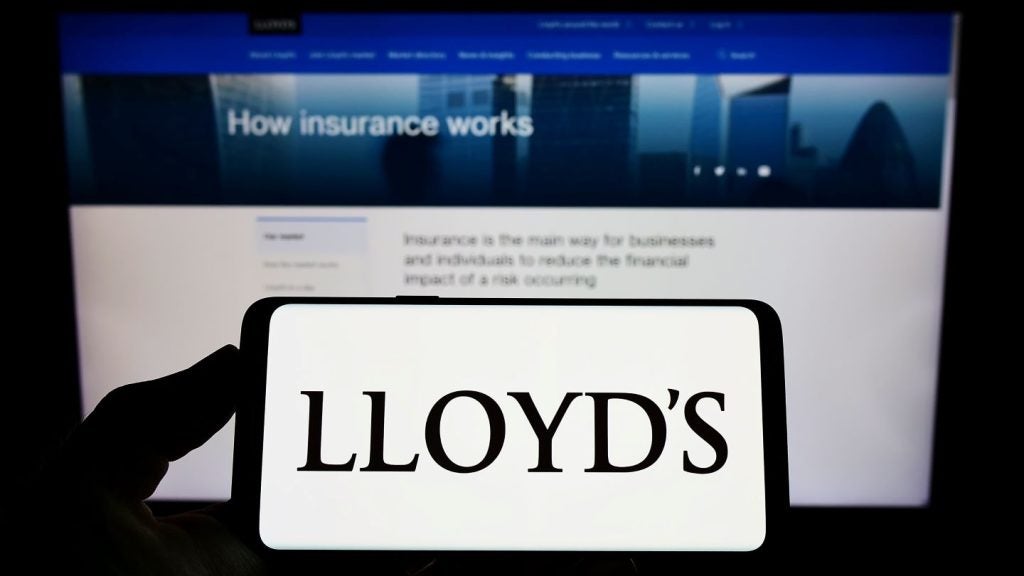
The burgeoning wearable tech market and an increased consumer focus on wellness are impacting both consumer markets and those offering financial products.
Life and health insurance providers have begun to capitalise on these trends by offering more personalised policies that take into account data from fitness trackers, such as Samsung’s new Galaxy Watch models. The extra health information from such trackers can allow insurers to more accurately assess risk for individuals.
A recent report from GlobalData on health and wellness in insurance highlighted that, alongside wearable tech leading to an increased ability to track data, recent advances in artificial intelligence mean that insurers can analyse large quantities of data to identify health risks.
GlobalData’s associate analyst Charlie Hutcherson discussed the recent trends ahead of the Big Data & Personalisation in Insurance webinar on 11 July, touching on what personalisation means for policyholders and leaders in the space, as well as what technologies are making this possible.
What is personalisation in insurance, and what does it mean for policyholders and companies?
The personalisation trend in insurance involves tailoring policies and premiums to individual customers based on their unique behaviours, preferences, and risk profiles. Examples of personalisation include usage-based motor insurance, where premiums are adjusted based on driving habits, and health insurance that offers discounts for maintaining a healthy lifestyle.
Data from various sources, such as telematics devices, wearable fitness trackers, and social media activity, is used to create these personalised policies. For policyholders, this means more relevant and potentially cost-effective coverage, while insurers can improve customer satisfaction and retention through targeted offerings.
How are consumer preferences changing to precipitate the personalisation of insurance policies?
Consumers are increasingly demanding more customised and flexible insurance solutions that reflect their specific needs and lifestyles. This has been exacerbated by the cost-of-living crisis, making both consumers and businesses seek more tailored policies that offer better value for money and address their specific needs without unnecessary coverage.
What technologies are allowing further personalisation of insurance policies?
AI is emerging as a key technology theme in personalisation, enabling deeper insights and more accurate predictions about customer needs and behaviours. Big data and internet-of-things devices, such as telematics, wearables and smart home devices, also play crucial roles. These technologies provide real-time data that insurers can use to create tailored policies for auto, health and home insurance.
Which insurance companies are leading in providing personalised policies?
Insurtechs like Lemonade, Metromile and Oscar Health, as well as traditional insurers, are leading in offering personalised insurance policies by leveraging innovative technologies. These companies have an advantage over those not leveraging personalised policies, as they can provide more accurate risk assessments, competitive pricing and enhanced customer engagement, leading to higher customer satisfaction and loyalty.
The Big Data & Personalisation in Insurance webinar on 11 July will include a run down on how advancements in technology and changing consumer preferences are prompting the insurance industry to put greater focus on personalisation.








